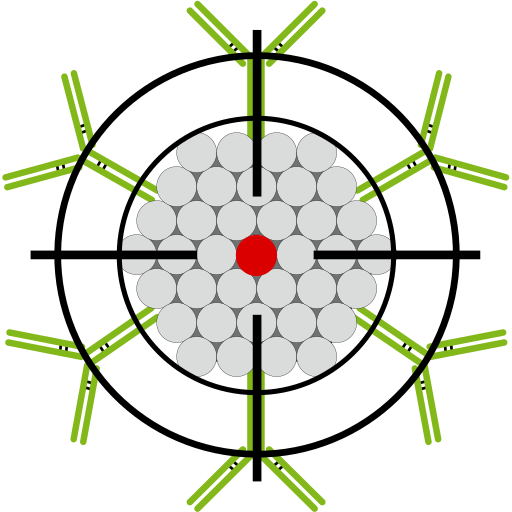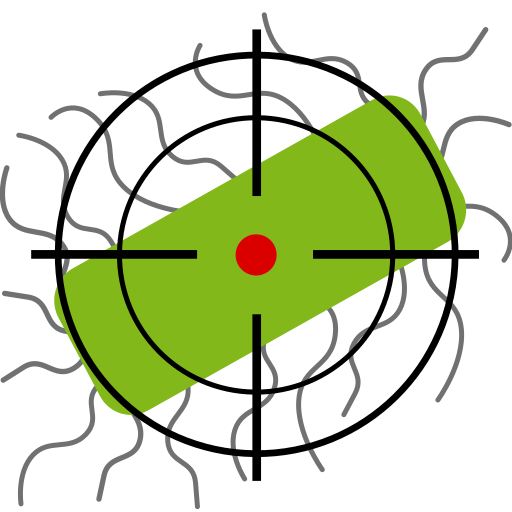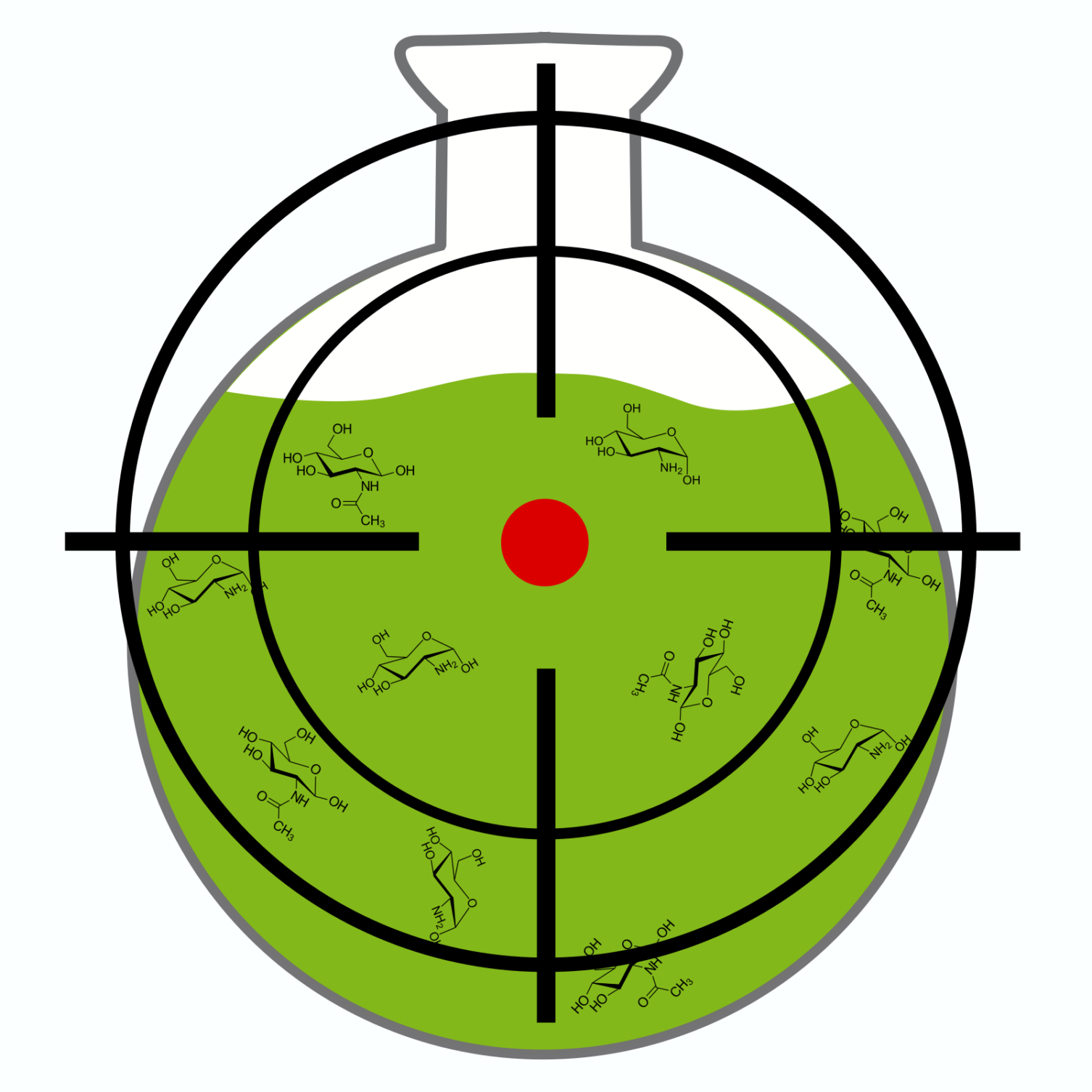Institute of Precision Medicine
Precision Medicine denotes an emerging treatment approach that takes into account individual genetic/genomic features as well as environmental influences and lifestyles, also to use data mining utilizing recorded clinical data. It is common sense that treatment has to take into account individual variations to improve therapy. In turn, tailoring of therapies to individual needs (including medical products and patient-specific tissue) and responses will not only improve effectiveness but may also reduce adverse effects. With 3rd generation sequencing, metabolomics and other high-throughput technologies we now have the tools to adapt diagnosis, therapy selection and treatment regimen much more precisely to the exact health status of an individual and to prognose with much higher accuracy. In this context, Precision Medicine denotes an emerging treatment approach that takes into account individual genetic/genomic features as well as environmental influences and lifestyles, also by means of data mining utilizing recorded clinical data. As precise diagnosis and prognosis is based on multiple genomic and environmental parameters, sophisticated computational and statistical procedures represent a very important component of this approach.
On January 20, 2015, former US-american President Obama announced the Precision Medicine Initiative® (PMI) in his State of the Union address and envisaged that “through advances in research, technology and policies that empower patients, the PMI will enable a new era of medicine in which researchers, providers and patients work together to develop individualized care.” While oncology is an avant-garde field of Precision Medicine, the practice is currently not being used for most diseases. To sum up, it has immense potential, but is still in its infancy.
At the Institute of Precision Medicine, a wide variety of methods for the analysis of biomarkers have been established and validated. These methods can be used by faculty members and other research groups associated with HFU, for teaching purposes and various research projects.
Working Groups






Current Projects
FlowArray – Functional lateral flow arrays for the identification of multi-resistant pathogens
The aim of project “FlowArray” is to develop functional multiplex lateral flow microarrays (LFMAs) for point-of-care (POC) analysis of infections with multi-resistant pathogens. The microarray format allows identification of a variety of different pathogens, their resistances, and effective inhibitors on a single test strip.
TriMaBone – Trinational research initiative: 3D printing materials for resorbable bone implants
The aim of project “TriMaBone” is to create materials and production techniques which enable the application of additive manufacturing / 3D printing of Chitosan-based materials in the medical field of bone reconstruction.
AsphyxDx – Translation of clinical markers of neonatal oxygen deficiency into a new diagnostic tool to prevent early infant brain damage and guide individualized therapy
The aim of project “AsphyxDx” is to develop a diagnostic approach for perinatal asphyxia based on the quantification of small endogenous metabolites using nanopore-based, as well as other, rapid tests. Reliable diagnosis of perinatal asphyxia is the prerequisite for timely therapy based on cold treatment (hypothermia) to avoid irreversible late damage.
CompanionDx Hypothermie – Joint project: Therapy-accompanying diagnosis for oxygen deficiency in newborns
The aim of project “CompanionDx” is to identify metabolic biomarkers for the differentiation between responders and non-responders of hypothermia therapy applied during the treatment of children with perinatal asphyxia. The biomarkers will be used for early prediction if an affected child will benefit from hypothermia therapy or if an alternative therapeutic strategy should be chosen.
InfektResonator_WGM – Microresonators for point-of-care diagnostics of pathogens
The aim of the InfektResonator project is to further develop Whispering Gallery Mode (WGM) sensor technology into a rapid analysis platform for rapid diagnostic tests. The low detection limits of up to 50 fmol are to be used for the analysis of antibiotic resistance of pathogens without prior culture.
TechPat nano – New technologies for patients – Translational platform for nanosensor-based medical diagnostics
The aim of “TechPat nano” project is the development of a therapy-accompanying, non-invasive monitoring test after kidney transplantation to enable early detection of transplant rejection. The test will function by determining the molecular marker “kynurenine” to enable immunosuppressants to be adjusted in a course-specific manner.
The Washing Machine Microbiome Project (WMP)
During this project, the microbiome of washing machines and worn textiles, and changes due to washing processes will be investigated with a particular interest on the presence of antibiotic-resistant bacteria. Extensive metabolome analyses of microbial metabolites from relevant sample materials will be performed with mass spectrometry to determine relevant metabolic activities of the microorganisms.
PersonaMed – Individualized strategies for medicine and medical technology
The aim of project “PersonaMed” is the development of novel materials for the treatment of cerebral aneurysms based on hydrogels. The materials are expected to provide better aneurysm filling with improved regeneration and endothelialization as well as reduced recurrence with lower risk application.
CARBaBIO
Investigation of the possibility for the stereoselective production of carba sugar derivatives in high purity and yield, starting from simple basic chemicals. The investigation of biological properties or biological effects will be used as a basis for the selection of further target substances.
